In the early thirteenth century, the forces of the Fifth Crusade came to Egypt and occupied the coastal city of Damietta. Its terrified residents fled in all directions. Egypt's Sultan, King Al-Kamil Nasir al-Din Mohammed, rushed with his forces to resist this aggression, which, if it passed through the routes of the Delta and reached Cairo, would occupy it.
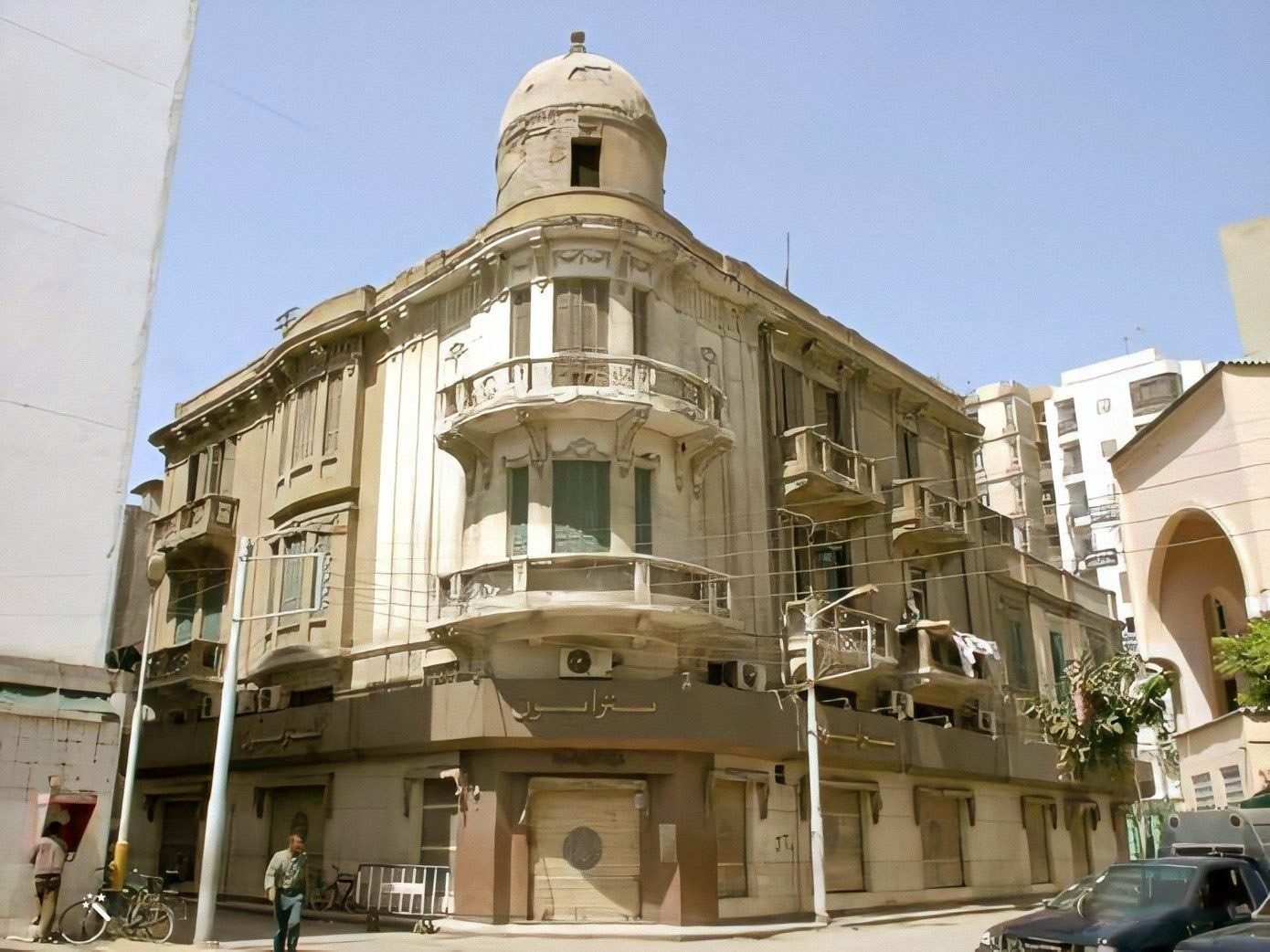
Al-Kamil was in a hurry; the Crusaders were coming, and there were no cities along the Nile prepared to stand against them. He pondered deeply where to establish his military base. The Delta region was tranquil, with no mountains, rocks, caves, hills, or deserts where his forces could fortify themselves. It was a flatland region easily controllable. The King's confusion grew as he camped his forces in agricultural land a day and a half's horse ride away from Damietta.
King Al-Kamil rode his horse through the quiet agricultural land, breathing in its breeze and the scent of flowers wafting from all around. He looked upon this paradise and sighed, swearing to defend Egypt and its land until his death.
While riding, with the shrewdness of a warrior, he looked around and noticed something. The land was surrounded by an abundant number of water channels: here was the Nile River, there the Small Sea, here an irrigation canal and there another. What an idea! In this area, fantastic natural obstacles could compensate for the absence of mountains. He turned to his men to ask, "Where are we?" One of them replied, "We are in a land its people call the Island of Roses." Al-Kamil declared, "Then, let's build our city here."
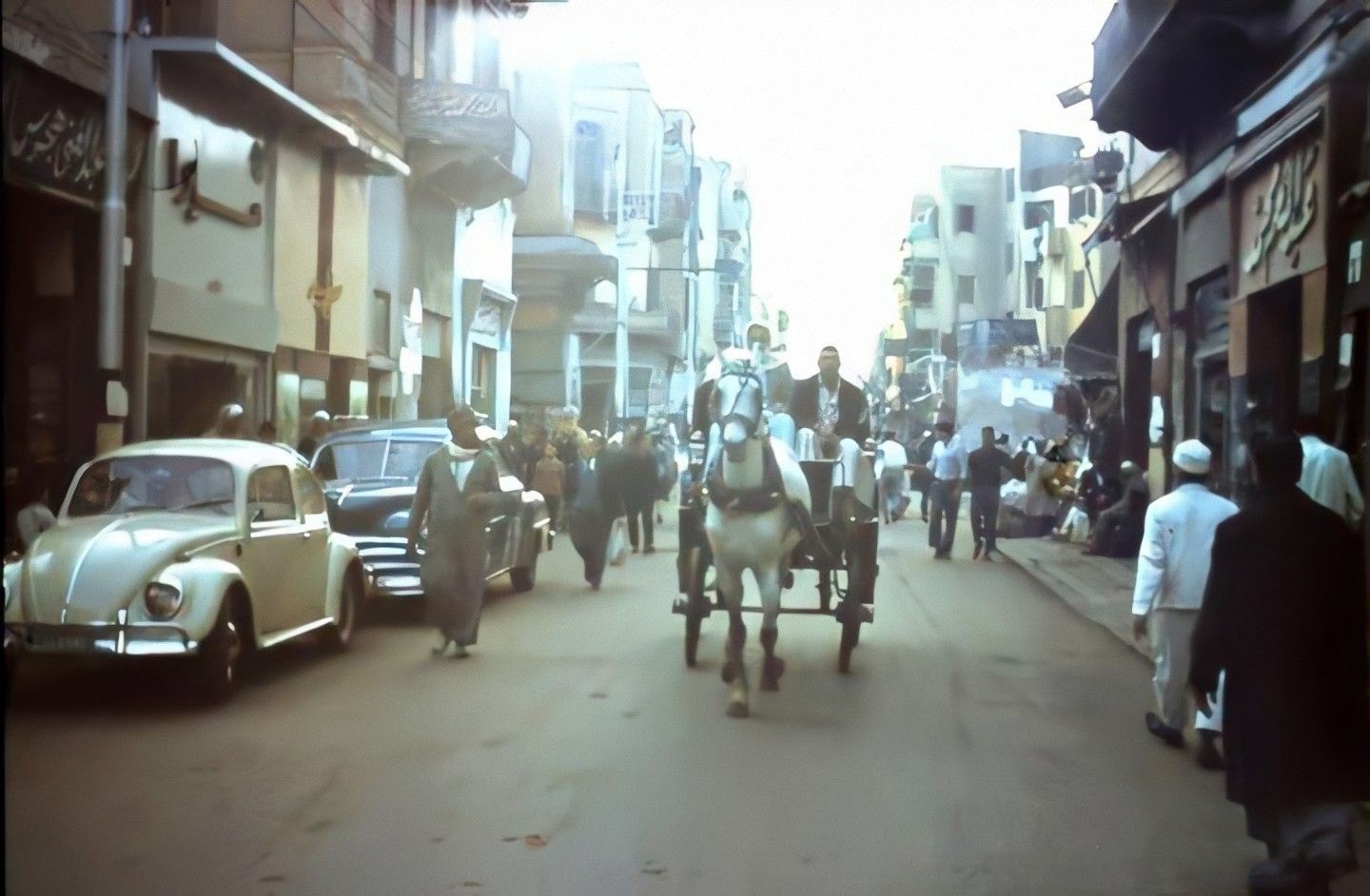
Builders poured in from every nearby village, along with Al-Kamil's soldiers, working tirelessly day and night to construct a small palace for the king, surrounded by soldiers' quarters, a mosque, baths, and a wall on the side without natural obstacles. He had not yet given a name to this small city, but he urged his soldiers, saying: "God will grant us victory, and our city will be victorious over the Crusaders." Thus, the city became known as Mansoura, meaning "the victorious city."
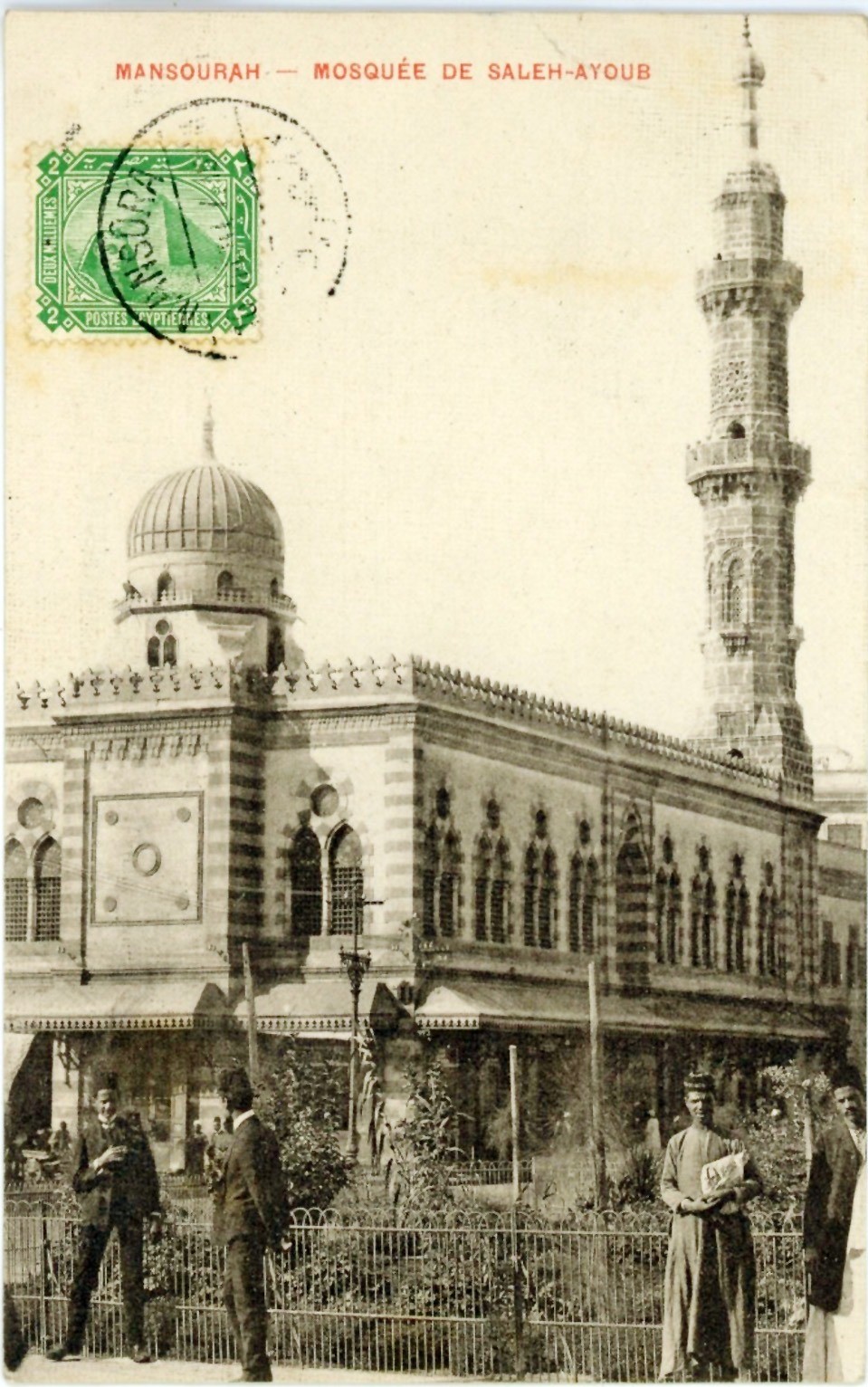
While everyone was fortifying and preparing for the impending danger, the Crusaders, worn out by battles, were surprised by the Nile's flood. They could not proceed with the Small Sea, stopped by the floodwaters on one side, and the Egyptian soldiers on the other. They had no choice but to negotiate with King Al-Kamil, ultimately agreeing to an unconditional departure from Egypt.
In the exuberance of victory, King Al-Kamil, his brothers, and his commanders celebrated one of the happiest nights of their lives. While the celebration was ongoing, with slave girls singing and reciting poetry, one of the military commanders who had shown great courage entered. When Al-Kamil asked his name, he replied, "I am called Al-Faris Al-Mansour." Here, King Al-Kamil smiled and mused, as if inspired, then said: "And this city will keep its name: Mansoura."
King Al-Kamil and his men left the small Mansoura, which remained deserted for thirty years before meeting the Seventh Crusade in 1249 AD. During this Crusade, the residents of Mansoura demonstrated an incredible spirit of nationalism, with the military forces joining the popular ones, forming a strong defense line against the massive French campaign that ultimately crumbled before this resistance. So much so that the French King, Louis IX, was captured in this war and taken prisoner in Mansoura, in a house that still stands today, known as: Dar Ibn Lockman.
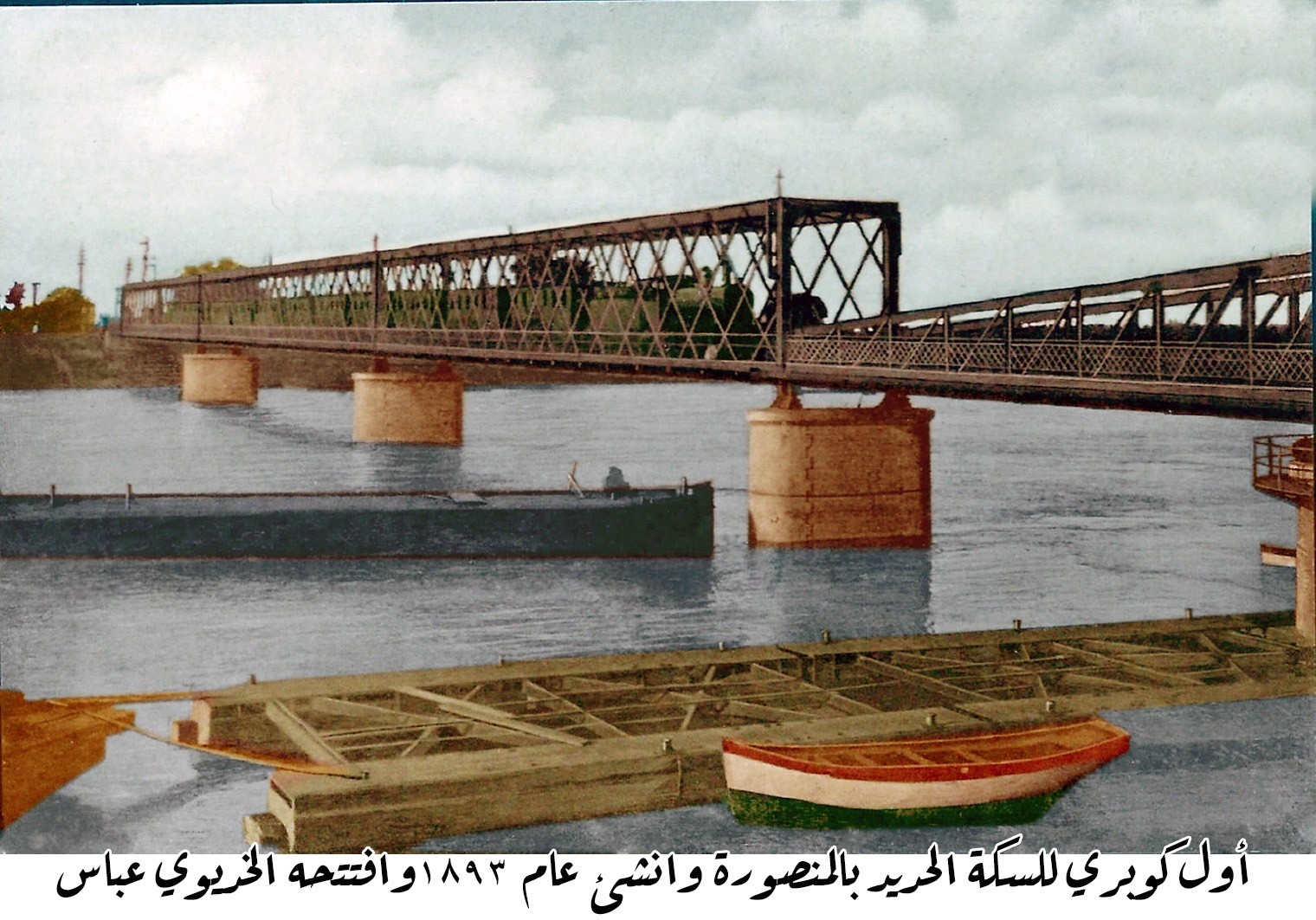
After the end of this campaign and the defeat of Louis IX, not everyone left the city as they had before. Some warriors in the Egyptian Arab army preferred to settle in Mansoura, along with some refugees from Damietta and a number of Moroccans from the neighboring villages, who are called the Murtaheyah sect. Interestingly, there were nearly two hundred French soldiers from the remnants of the crusade, who settled in Mansoura and became its citizens. There were also some Jewish families living in a village on the other side of the Nile called Jugar; some of them preferred to move to Mansoura to experience life there.
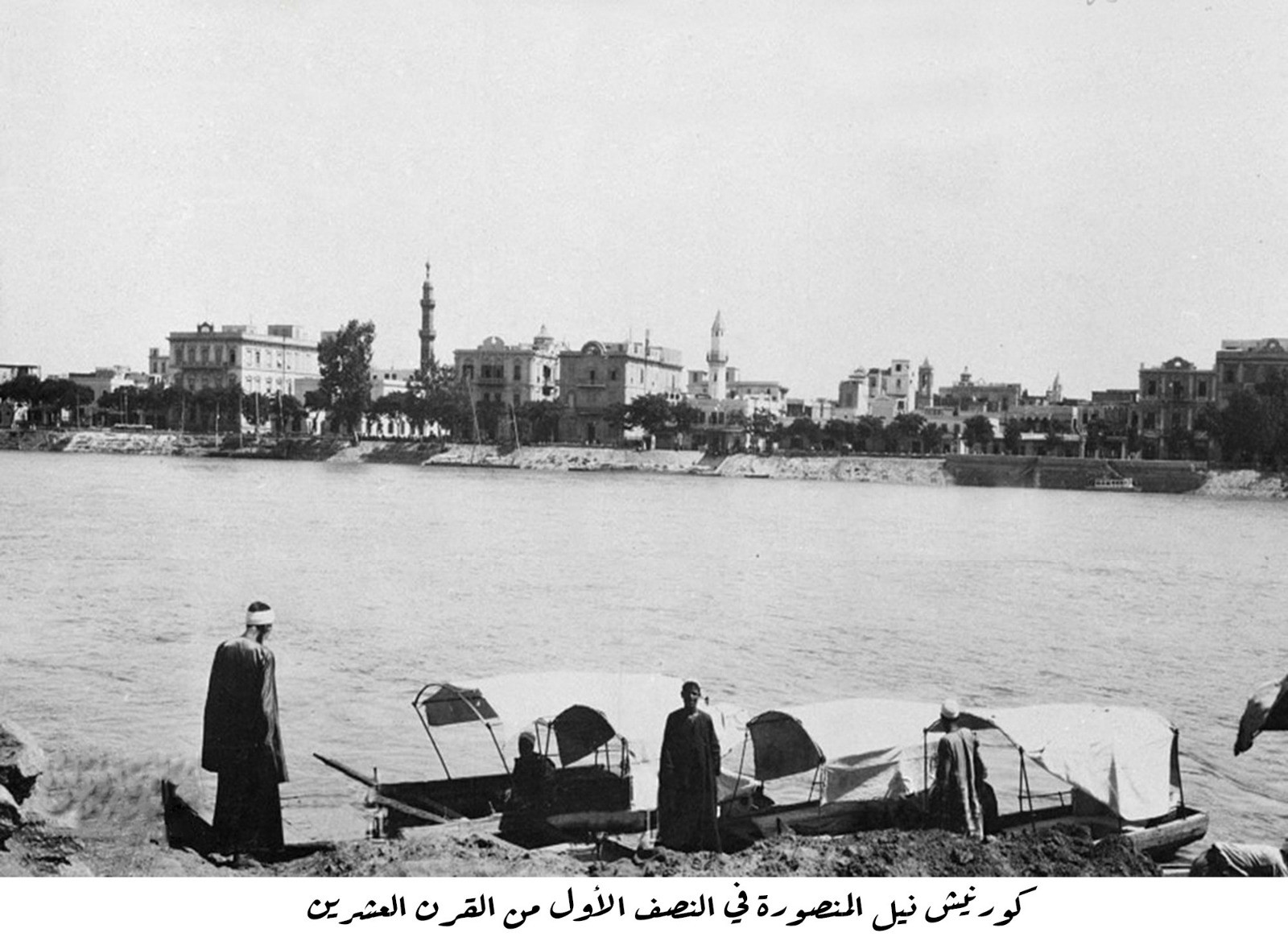
And so Mansoura began as a cosmopolitan city, that is, it contained many ethnicities. Its first inhabitants were Mamluks, Moroccans, French, and Jews. Over the years, villagers began flocking to it and settling in it. Over time, it became one of the main Egyptian cities and formed an important commercial center in the Egyptian Delta. In addition to its fame in the field of medicine and treatment, which has accumulated over the past fifty years, it has become known by the title: Egypt's Medical Capital.
Comments